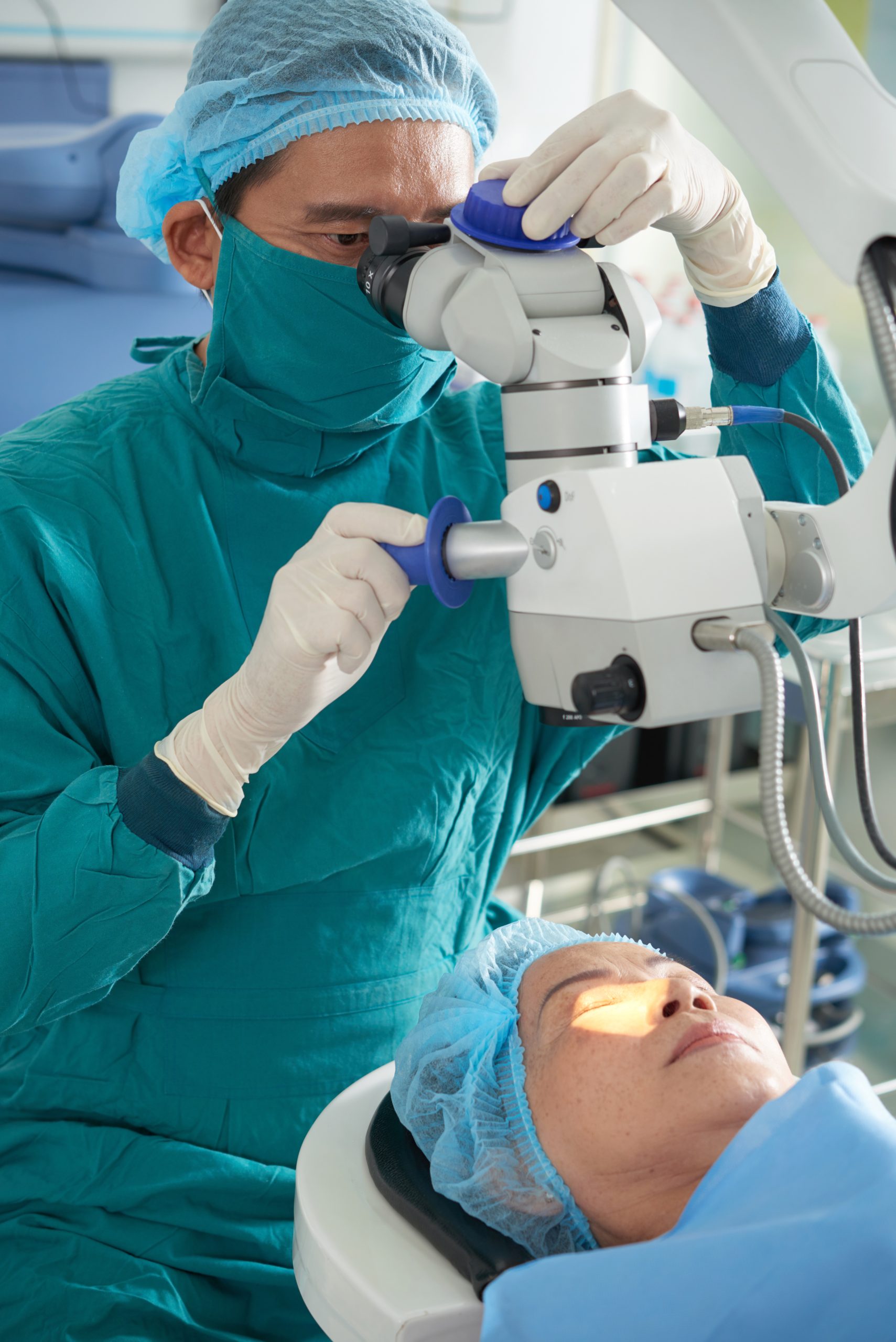Preserving Night Vision After LASIK Surgery
Introduction
LASIK surgery is a popular procedure for correcting refractive errors and reducing dependence on glasses or contact lenses. While LASIK can significantly improve daytime vision, some individuals may experience challenges with night vision following the surgery. Preserving night vision after LASIK surgery is essential for maintaining overall visual quality and safety, especially during low-light conditions. In this article, we will explore tips and considerations to help individuals optimize their night vision post-LASIK.
Understanding Night Vision Challenges After LASIK
After LASIK surgery, some patients may notice changes in their night vision, such as glare, halos, starbursts, or difficulty seeing in dimly lit environments. These symptoms can occur due to various factors, including:
- Irregularities in the corneal surface.
- Changes in the way light is focused by the eye.
- Pupil dilation and its interaction with the treatment zone.
- Dry eye syndrome, which can worsen at night.
Tips for Preserving Night Vision After LASIK
- Follow Post-Operative Care Guidelines: Adhering to your surgeon’s post-operative instructions is crucial for optimal healing and visual outcomes. Use prescribed eye drops regularly to prevent dryness and promote corneal healing.
- Attend Follow-Up Visits: Attend scheduled follow-up appointments with your eye surgeon to monitor your progress and address any concerns promptly. Your surgeon can evaluate your night vision and recommend appropriate interventions if needed.
- Protect Your Eyes: Wear sunglasses with UV protection during the day to shield your eyes from harmful ultraviolet rays. Additionally, consider wearing glasses with anti-glare coatings or specialized lenses designed to reduce glare and improve night vision.
- Manage Dry Eye Symptoms: Dry eye syndrome is common after LASIK and can exacerbate night vision issues. Use artificial tears as recommended by your eye care professional to keep your eyes lubricated and comfortable, especially in low-light conditions.
- Avoid Driving at Night Initially: If you experience significant night vision disturbances after LASIK, consider limiting nighttime driving until your vision stabilizes. Use alternative transportation options or arrange for a designated driver to ensure safety on the road.
- Give Your Eyes Time to Adjust: It may take several weeks or months for your eyes to fully adapt to the changes induced by LASIK surgery. Be patient and allow your visual system adequate time to adjust to its new configuration.
- Communicate with Your Surgeon: If you continue to experience persistent night vision issues after LASIK, communicate openly with your eye surgeon. They can evaluate your symptoms, conduct additional tests if necessary, and recommend appropriate treatment options to address your concerns.
Conclusion
Preserving night vision after LASIK surgery requires proactive management and adherence to post-operative care guidelines. By following the tips and considerations outlined in this article, individuals can optimize their visual outcomes and enjoy improved night vision quality post-LASIK. It’s essential to maintain open communication with your eye surgeon and seek professional guidance if you encounter persistent or concerning night vision disturbances. With proper care and patience, most individuals can achieve satisfactory night vision following LASIK surgery while enjoying the benefits of clearer vision during both day and night.
World Eye Care Foundation’s eyecare.live brings you the latest information from various industry sources and experts in eye health and vision care. Please consult with your eye care provider for more general information and specific eye conditions. We do not provide any medical advice, suggestions or recommendations in any health conditions.
Commonly Asked Questions
Yes, some individuals may experience changes in night vision, such as glare or halos, after LASIK surgery.
Night vision improvements can vary among individuals, but most people notice significant improvements within a few weeks to months post-surgery.
Factors such as dry eye syndrome, irregularities in the corneal surface, or pupil dilation can contribute to worsened night vision post-LASIK.
Yes, glasses with anti-glare coatings or specialized lenses may reduce glare and improve night vision for some individuals post-LASIK.
Initially, it’s advisable to limit nighttime driving until your vision stabilizes and any night vision disturbances improve post-LASIK.
Using artificial tears as recommended by your eye care professional can help manage dry eye symptoms and improve night vision post-LASIK.
Depending on the specific circumstances, your eye surgeon may recommend additional treatments or interventions to address persistent night vision disturbances post-LASIK.
Protecting your eyes from UV rays with sunglasses, avoiding smoking, and maintaining overall eye health through proper nutrition and hydration can support night vision preservation post-LASIK.
If you notice worsening night vision or persistent symptoms months after LASIK, consult your eye surgeon for a comprehensive evaluation and personalized recommendations.
Some individuals may experience temporary fluctuations in night vision quality as their eyes adjust to the changes induced by LASIK surgery, which typically improve over time.
news via inbox
Subscribe here to get latest updates !







